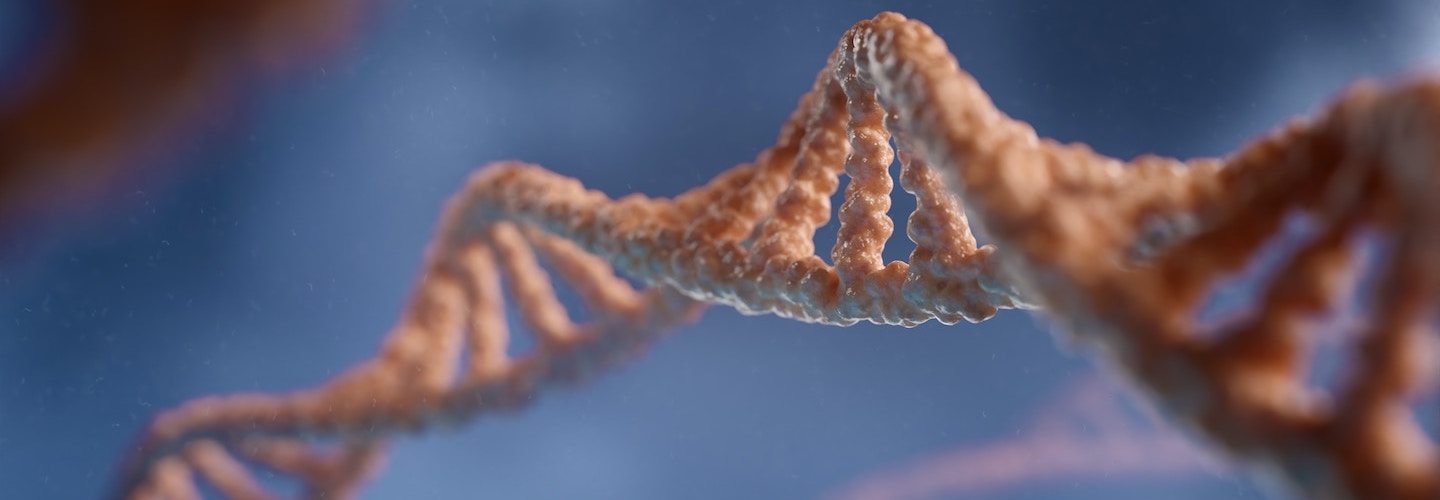In this “Ask Me Anything” (AMA) episode, Peter delves into the realm of genetics, unraveling its connection to disease and emphasizing the value of understanding one’s genetic risks. He elucidates essential background knowledge on genetics before delving into the myriad reasons why individuals might consider genetic testing. Peter differentiates scenarios where genetic testing provides genuine insights from those where it may not be as useful. From there, Peter explores a comprehensive comparison of commercial direct-to-consumer genetic tests, providing insights on interpreting results and identifying the standout options for gaining insights into personal health.
If you’re not a subscriber and listening on a podcast player, you’ll only be able to hear a preview of the AMA. If you’re a subscriber, you can now listen to this full episode on your private RSS feed or on our website at the AMA #50 show notes page. If you are not a subscriber, you can learn more about the subscriber benefits here.
We discuss:
- Defining the term “genetics” and why it’s important [2:15];
- What is DNA, and how does it impact our biology and traits? [5:45];
- How are genetics passed down from parent to child? [8:45];
- How much do genes vary across individuals? [13:00];
- Which traits are determined by genetics versus experience or environmental factors? [17:00];
- Reasons for genetic testing [22:30];
- What exactly is being measured by a genetic test? [29:15];
- Testing for monogenic disorders [35:15];
- Understanding polygenic risk [39:30];
- Is genetic testing more important for someone who doesn’t know their family history? [40:45];
- What does it mean to be positive for a particular variant? [43:00];
- What does it mean to be negative for a particular variant? [45:45];
- How does someone get genetic testing through their healthcare provider, and how are these tests performed? [48:15];
- The financial cost of various genetic tests [54:30];
- Could having a risk allele for a disease result in an increase in one’s insurance premium? [57:15];
- Other risks associated with genetic testing [59:00];
- How do commercial, direct-to-consumer genetic tests compare to the information one might receive from clinical genetic testing? [1:01:45];
- Are certain direct-to-consumer tests better than others? [1:03:45];
- How long until whole genome sequencing becomes genuinely useful? [1:16:00];
- How useful are personalized dietary recommendations based on genetics? [1:18:15];
- Final thoughts and advice regarding genetic testing [1:20:00]; and
- More.
Defining the term “genetics” and why it’s important [2:15]
Today’s focus:
- To understand genetics at a basic level, reasons for genetic testing, types of tests available, how to interpret the results, and more
- Understanding the above will help frame the conversation about specific commercial/direct to consumer DNA tests and where are they useful, where are they not, how should someone think about them
⇒ Previous AMA that touched on genetic testing: AMA #8
What is meant by the term “genetics”?
- When you hear people talk about nature versus nurture, this is what we mean by the “nature” part of it
- When we’re talking about genetics, we’re talking about the part of a person that has been passed down from the parents
- We differentiate this from the stuff that we talk about that’s nurture related—these are non-genetic traits that could be passed down through cultural, socioeconomic traits, etc.
- Genetics obviously play a very important role in understanding physical, psychological, social factors
- But what we really want to talk today are about these genetic pieces
- Genetics can’t be changed (shy of genetic engineering/gene therapy, etc.)
- What we are exploring today is understanding how genes shape and predispose us to various conditions
- Or how perhaps having certain genetic conditions might make us choose certain lifestyle modifications as a result of that to modify risk
- For example, there are some genes that are completely deterministic—meaning if you have the gene, it’s going to produce a trait regardless
- Then there are many more genes for which if you have a certain gene, you might not necessarily get the trait
- This is not a particularly well understood field once you get beyond the surface level, says Peter
What is DNA, and how does it impact our biology and traits? [5:45]
- A lot of times when you think of genes, you think of DNA as well
- But DNA is just a code of instructions that tell a cell how to function
Analogy: Thinking of it as a cookbook
- A cookbook will have discreet sets of instructions in the form of individual recipes
- And DNA also has a discrete set of instructions in the form of individual genes
- A recipe is just a recipe, but for it to become a meal someone needs to do something about it, someone needs to read it and then follow it and actually do the cooking
- And genes are sort of the same way, they only work by being expressed
- When you hear gene expression, that means making a copy of that DNA into something called RNA, that process is called transcription
- And then turning that RNA into a protein, and that process is called translation
- Proteins are more than just muscles—Proteins are enzymes and other cofactors and things of that nature
- Basically, everything that needs to get carried out in a cell is being done via this process
{end of show notes preview}






I just love these and Dr. Attia’s honesty and integrity. They are so informative and you can get as technical as you want and at the same time get the practical human impacts even if you can’t follow all the tech detail. I think all of his focus and work is a giant contribution. Thank you!
Re: AMA #50 – One issue with Promethease is that it does not successfully upload a raw data file from SelfDecode. It would be nice if it did, as the SelfDecode file contains much more information than a 23andMe file.